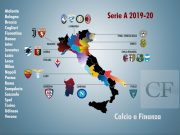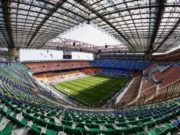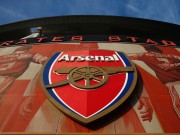The austerity plan implemented by the Chinese government with the introduction of the luxury tax has hit the world of football.
After having raked the international market pursuing Oscar, Hulk, Jackson Martinez, Paulinho, and Gervinho (just to mention the most prominent names), in the current season the clubs of the Chinese Super League suffered a sharp setback.
In the 2016 winter and summer transfer windows, €469 million was spent while in 2017, €431m. The investments of the current year are anchored to €61m and €40m were recently spent to bring the Congolese striker Bakambu from Villareal to Beijing Guoan.

Let’s take a step back to understand what the luxury tax is. The General Sports administration implemented this tax to avoid a transfer market bubble. If a club of the first two series want to acquire a foreign player spending more than 45m yuan (around €6 million) they are forced to pay a tax of the same amount (100% of the transaction). The money collected will be poured into a fund with the goal to finance the development of the Chinese football. For domestic purchases, however, the threshold is even lower, 20 million yuan (about €2.5m). So, if a player purchased from a European championship is paid 50 million, the Chinese club will have to pay another 50m in taxes.
Several other restrictions have been implemented in the Chinese football such as the limit of foreigners that can be used (no more than three at the same time on the field), the obligation for each club to allocate at least 15% of their expenses to the youth teams and the commitment to list two under 23 for each match (one of the two must be a starter).
The ‘luxury tax’ is definitely hindering the abominable growth of Chinese football but the clubs seem to have found different ways to get around the tax. In the previously mentioned case, Bakumbu personally paid the €40 fee to break the contract with Villareal and then he flew to China to join Beijing Guoan.
We will soon discover the destiny of Chinese football!






































